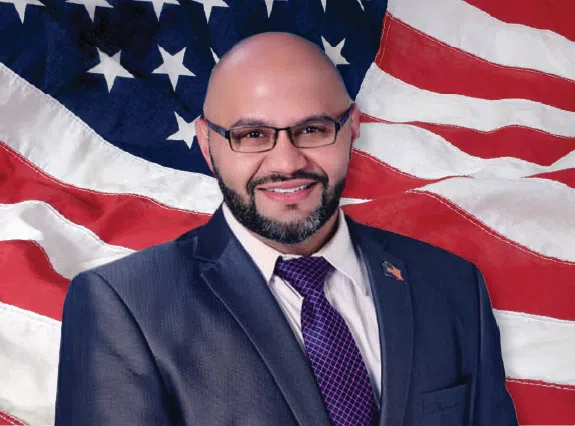President Donald Trump has halted Israel’s plans for a May strike on Iranian nuclear sites, opting instead to open negotiations with Tehran over its nuclear program, according to officials briefed on the matter, The New York Times reported.
The decision followed months of internal U.S. debate about whether to back Israel’s plan, which aimed to delay Iran’s nuclear progress by at least a year. Israeli officials had developed detailed proposals, but most would have required American involvement, including the use of U.S. aircraft and defenses to ensure success and protect Israel from retaliation.
While some U.S. officials, including Gen. Michael E. Kurilla and national security adviser Michael Waltz, were open to supporting Israel militarily, others expressed concern.
Director of National Intelligence Tulsi Gabbard warned that a U.S. military buildup could escalate into a broader war. White House chief of staff Susie Wiles, Defense Secretary Pete Hegseth, and Vice President J.D. Vance also voiced doubts.
The Trump administration had already positioned significant regional military assets, including two aircraft carriers, missile defense systems, and B-2 bombers. Though partly intended for operations against Iran-backed Houthi militants in Yemen, officials acknowledged the deployments were also relevant to potential action against Iran.
Trump informed Israeli Prime Minister Benjamin Netanyahu of his decision in a White House meeting on April 7, using the opportunity to announce the start of U.S.-Iran talks.
“An agreement with Iran would work only if it allowed the signers to ‘go in, blow up the facilities, dismantle all the equipment, under American supervision with American execution,'” Netanyahu said in a Hebrew-language statement.
The Israeli plan had evolved from a commando raid, not ready until October, to a longer bombing campaign that could have started in May. Israeli officials had hoped U.S. support would help them move sooner.
In March, Trump had sent a letter offering direct talks with Iran. After initial resistance, Iranian officials responded positively to indirect discussions on March 28. This opening led Trump to delay military action and test diplomacy, though he insisted the option for force remained.
“If it requires military, we’re going to have military,” Trump said. “Israel will, obviously, be the leader of that.”
Trump later sent CIA Director John Ratcliffe to Jerusalem to explore covert options and enhanced sanctions with Netanyahu and David Barnea, director of Mossad, Israel’s national intelligence agency.
“President Trump has been clear: Iran cannot have a nuclear weapon, and all options remain on the table,” said National Security Council spokesman Brian Hughes. “The president has authorized direct and indirect discussions with Iran to make this point clear. But he’s also made clear this cannot go on indefinitely.”
Brig. Gen. Mohammad Bagheri, head of Iran’s military, stated on April 6 that Iran seeks to resolve its standoff with the United States through diplomacy, but any attack on Iran’s sovereignty would be met with a strong response.
© 2025 Newsmax. All rights reserved.







Comments